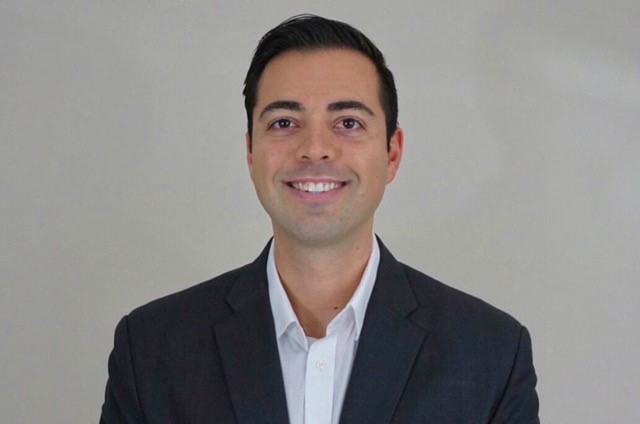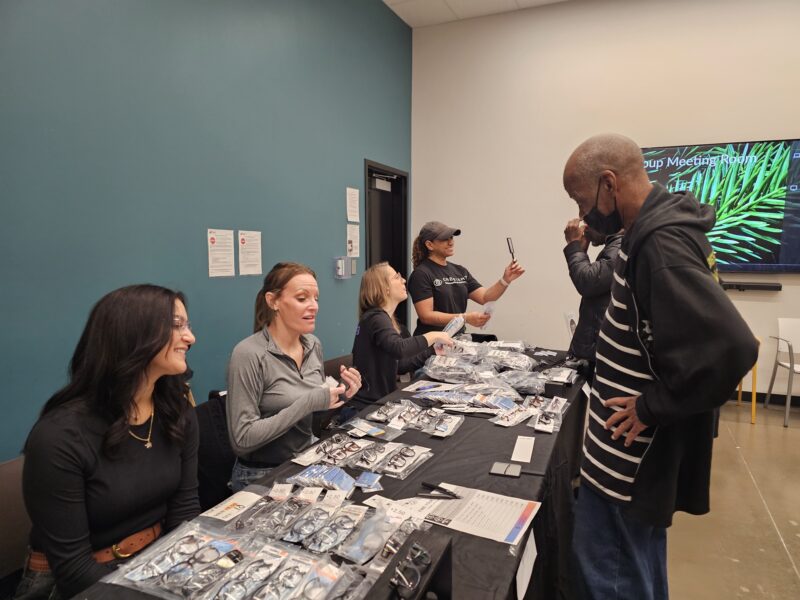The Vision Council is pleased to offer expert advice and feedback from doctors within our nationwide network. Below, Dr. Ryan Corte, OD from Charlotte, NC answers some questions submitted by patients and fans across the country.

During the COVID-19 crisis, the CDC has recommended that routine health exams should be delayed. Does this mean that I cannot contact my eye doctor if I have a problem? What if my eye doctor’s office is closed?
No. In fact, most eye doctors prefer that you contact them instead of asking “Dr. Google” or going to urgent care for help. Even if you’re unsure if your problem is urgent, contact your eye doctor for clarification. If your eye doctor’s office is closed (mine is), most of us are accessible via phone, email, and telemedicine.
What types of eye problems/symptoms should I act on immediately, even during the current pandemic?
Eye problems and symptoms you should not ignore include (but are not limited to):
- Cuts, scratches, or foreign objects in the eye.
- Burns or chemical exposure.
- Injury to the eye or eyelid.
- Eye pain, redness, or discharge.
- Sudden onset of flashes, floaters, or a curtain coming over your vision.
- Sudden loss of vision in one or both eyes.
- Sudden onset of double vision.
Should I go to an Urgent Care or Emergency Room for these?
No. As mentioned above, most eye care professionals are still providing emergency eye care in some way. If your eye doctor isn’t, there is a good chance another provider in your community is. That is the best place to start.
If my eye doctor is able to see me in her/his office, is it safe? What precautions are optometrists taking to ensure my safety?
Yes, it’s safe. But it is important to talk with your eye doctor about the necessary measures they’re taking to protect you and themselves before going in to see them. Also, wear a mask to your visit, as the CDC now recommends everyone wears a mask while in public.
The biggest precaution optometrists are taking is following CDC guidelines in an effort to best practice social distancing during this time. Trust me, we want to be there for all of your eye care needs! But this virus is much worse than anyone anticipated. As a result, limiting our services to emergency eye care and telemedicine is what’s best at this time. Most optometrists that are providing emergency eye care are wearing PPE and following CDC best practices for disinfecting their office.
What are some things I can do on my own to take care of my eyes?
- Prevent or minimize Digital Eye Strain – Follow the 20/20/20 rule when using digital devices. To prevent Digital Eye Strain, take a 20 second break every 20 minutes by looking 20 feet away.
- Wear your sunglasses when you go out – COVID-19 may have slowed down our world but the sun is still shining! Make sure to wear sunglasses when outdoors to protect your eyes from the sun’s harmful UV light (whether it’s sunny or not).
- Use eye protection when working on home projects – This is a big one! I’ve heard from a number of colleagues that have seen eye emergencies from patients that are doing landscaping and home improvement. With this in mind, wear protective eyewear during any project that could loosen up dust, dirt, or debris.
- Provide eye protection to your kids during their sports and activities – Most schools are out for the year. This means homeschooling and (a lot) of parents are trying to figure out how to keep their kids active. With this in mind, kids should be protecting their eyes by wearing sunglasses while outdoors! Also, if your child wears glasses, and doesn’t have them on their face, make sure they put them back in their case! This will help prevent them from getting lost (or broken) in the shuffle.
What should I do if I run out of contact lenses?
Contact your eye doctor; that’s always the first step. In an effort to prevent contact lens abuse and over-wear, most eye doctors are extending patients’ contact lens prescriptions 30-90 days. If your prescription is significantly out of date, wear your glasses until you’re able to get in and see your eye doctor.






